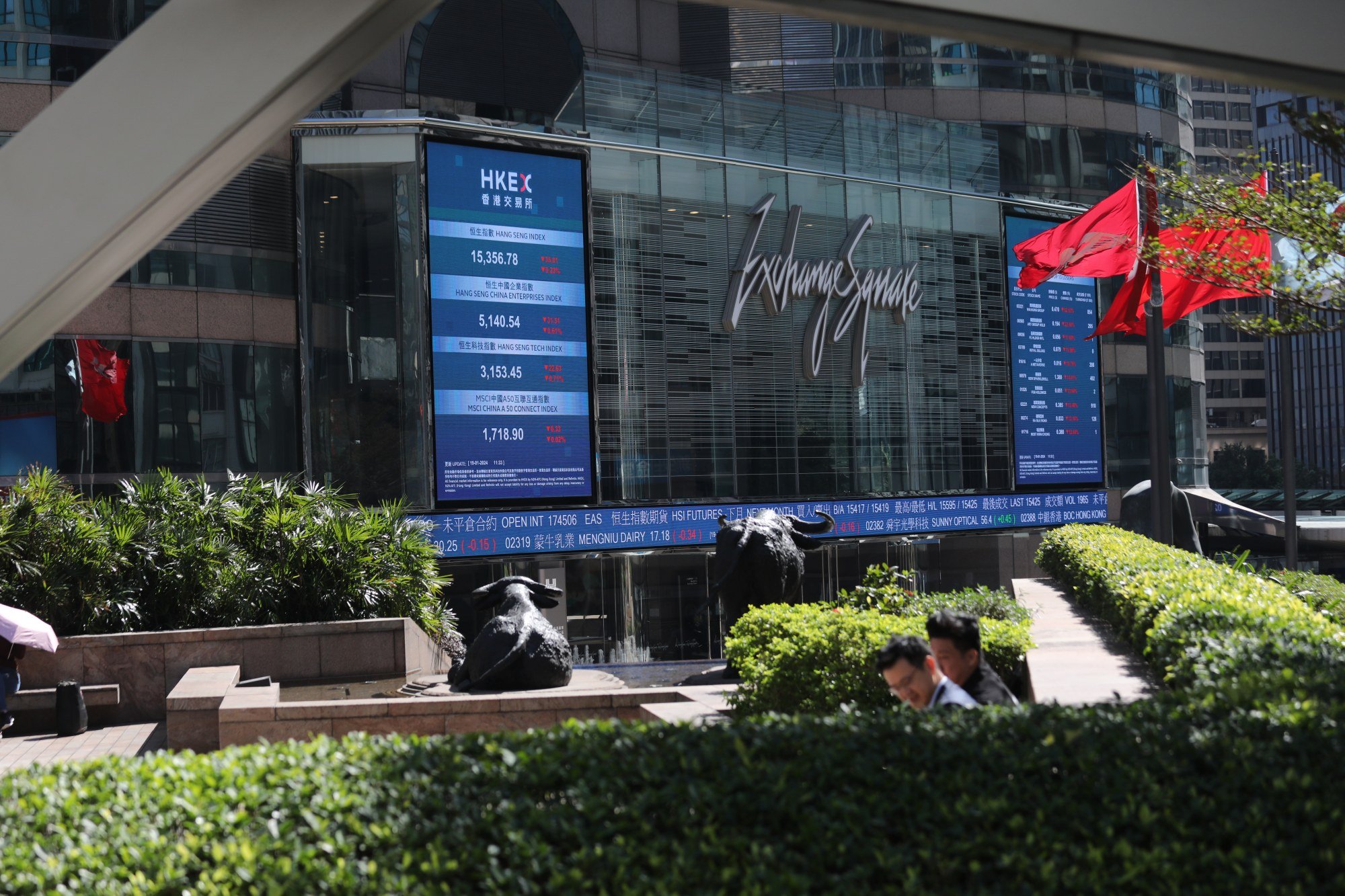
16 Feb ESG investing: Funds focused on responsible practices outperform in the long haul, says index compiler
Both the ESG and sustainability indices prioritise Hong Kong-listed constituents with longer track records. One basis point equals 0.01 per cent.

“Generally speaking, ESG indices meticulously consider the sustainability factors of a listed company, potentially resulting in reduced ESG risks,” Gary Chiu, chief market intelligence officer of Hang Seng Indexes told the Post.
“Numerous studies have shown that ESG funds can achieve varying levels of long-term excess returns. Our sustainability index series has also shown satisfactory performance over the long-term.”
ESG, sustainability skills in demand as employers struggle to fill green jobs
ESG, sustainability skills in demand as employers struggle to fill green jobs
A portfolio of European stocks tilted towards ESG leaders recorded an annual average return of 1.59 per cent above its benchmark between January 2017 and April 2022, Reuters cited corporate sustainability data compiler ESG Book’s analysis in a 2022 report.
A similar portfolio of Asia-Pacific companies beat its benchmark by an average of 1.02 per cent annually, while a North American peer had an average excess return of 0.17 per cent.
The investment returns of ESG indices are influenced by factors including sector focus, geographic coverage, and the weighting method of constituents, Chiu said.
“To make informed investment decisions, index users are encouraged to examine the construction methods of different ESG indices and objectively compare them with relevant benchmark indices,” he said.
Short-term volatility was noted by funds researcher Morningstar in a report on January 30, which said sustainable funds saw net redemption of close to US$2.5 billion globally in the last quarter of 2023. It was the first time on record that net quarterly flows fell into negative territory.
The global sustainable fund universe shrank by 0.1 per cent in last year’s fourth quarter, compared with a growth of 0.3 per cent in the previous quarter. In contrast, the broader funds universe shrank by 0.05 per cent, noted Hortense Bioy, Morningstar’s global director of sustainability research.
Some popular sectors in sustainable strategies continued to underperform last year, such as renewable energy companies, which were particularly hit by soaring financing costs, materials cost inflation and supply chain disruptions, she said.
Hang Seng Indexes has developed a suite of 29 ESG-related indices focusing on sustainability themes such as climate change, low carbon initiatives, hydrogen energy, and clean energy.
At the end of last year, nine investment fund products – including exchange traded funds – were benchmarked to the Hang Seng ESG Index, said Shelley Zhou, head of corporate sustainability at Hang Seng Bank – the parent firm of Hang Seng Indexes – at the Asian Financial Forum late last month.
About half of the 11 listed ESG funds authorised by Hong Kong’s Securities and Futures Commission track the Hang Seng Indexes’ ESG indices.
